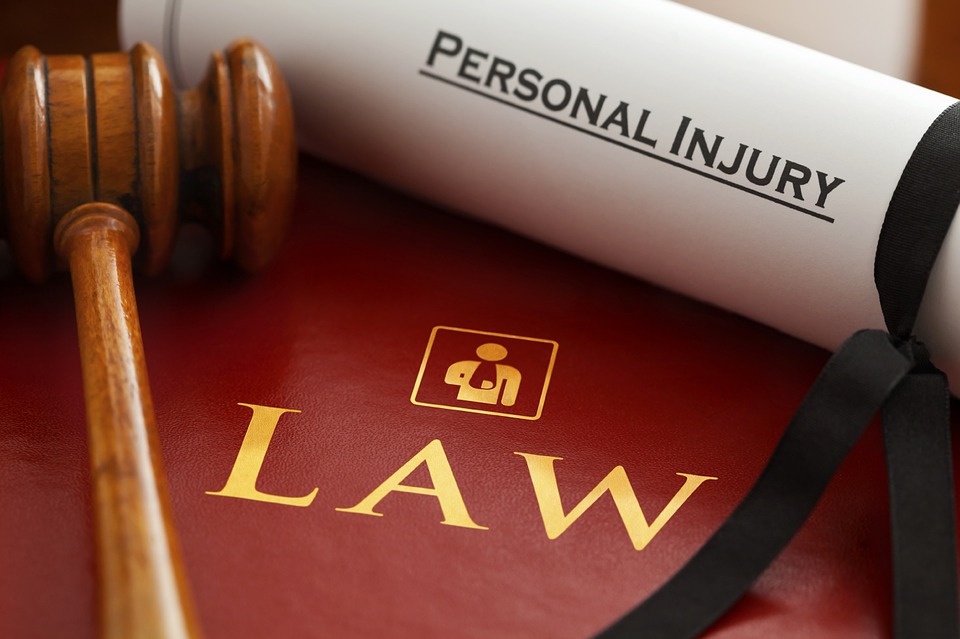Medical Malpractice Lawyer
Medical malpractice can impact the lives of more than just the injured patient, especially if the patient were to succumb to their condition, leaving family members behind in a state of grief. As a medical malpractice lawyer explains, when a patient gets injured or becomes ill from a doctor’s error, there could be a reason to take legal action. Others aside from the patient may be able to sue for medical malpractice in certain instances. These laws, like many others, vary by state. Keep reading for more information on who may be able to file a medical malpractice suit.
Guardianship
In other instances, guardianship is granted over an injured person as a result of their incapacitation. If this is the case, the person who holds guardianship is the appropriate party to file a medical malpractice suit. Anyone who is considering taking action for medical malpractice as a guardian of an injured or ill patient must get help from a law firm who is familiar with handling these cases. Medical malpractice cases, particularly if they involve wrongful death, can be complicated and emotionally driven, requiring strategy that will be successful when going up against a big medical facility or well-known physician.
Power of Attorney
Unfortunately, sometimes an injured patient may have lost the physical or mental capacity to file a lawsuit on their own. If they signed a power of attorney, the party named power of attorney may be able to file a medical malpractice suit on the injured person’s behalf. This can happen frequently in lawsuits brought against nursing homes on behalf of the elderly.
Surviving Heirs
Depending on the state of residence, if the injured patient has passed, a person acting on behalf of the deceased’s estate can bring a medical malpractice lawsuit. The lawsuit would be for damages the injured person could have potentially received if still living. However, in certain states, a person’s claim to personal injury lawsuits dies with that person. Most frequently, the person to bring a lawsuit on behalf of a deceased party is the executor of the deceased’s will. In some cases, the person who passed away may not have had a will. In those circumstances, the person’s close family member may be able to petition to be named administrator of the estate.
Other Impacted Parties
Since serious medical malpractice injuries can leave a person unable to care for themself, the injured person’s close family may be able to join the claim brought forth. This would be for damages suffered by the family as a result of the harm sustained. For instance, spouses are sometimes able to add their damages to a lawsuit for loss of spousal consortium. This means loss of affection, companionship or emotional support. Additionally, loss of household services can sometimes be included in a malpractice lawsuit if the injured person was the one providing those domestic duties prior to the incident.
If you believe you may be entitled to damages on behalf of someone close to you, now is the time to consider meeting with a legal team for assistance. When wrongful things occur, there are legal means to hold the doctor or other offender responsible.

